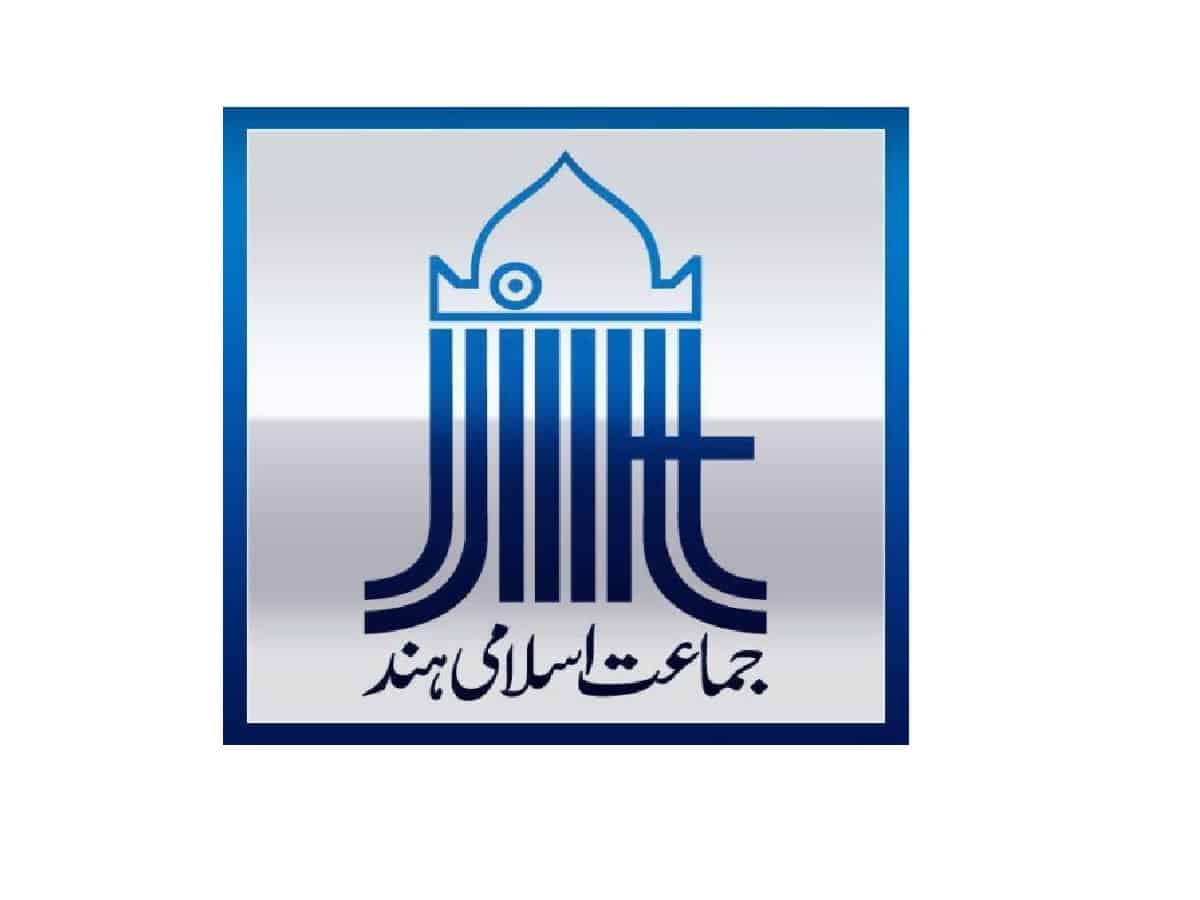New Delhi: The Markazi Talimi Board (Central Education Board) of Jamaat-e-Islami Hind has reacted to the New Education Policy and appreciated some of its features while criticizing other parts of it. In a statement to the media, the Chairman of the Jamaat’s Markazi Talimi Board, Mr. Nusrat Ali commented on its features while enumerating some of its aspects.
The New Education Policy (NEP) 2020 was rolled out by the government without presenting it in Parliament for discussion. Prior to this all the education policies passed by the then governments were elaborately discussed in Parliament. This shows that the government does not want to adopt democratic practices. Jamaat-e-Islami Hind, urges to the government to debate it in Parliament.
The vision of the policy is not explicit and lacks clarity. It looks more materialistic rather than focused on social change. Jamaat-e-Islami Hind is of the opinion that our country requires an education policy, which targets social change by infusing social justice, democratic values, equality and better understanding of faiths.
The policy has used the term of holistic and integrated approach of education but it could not explain what should be the definition of holistic approach in the Indian context. Jamaat e Islami Hind, strongly feels that progress, happiness and peace in society can be achieved by adopting a holistic approach to education. It can be achieved by designing primary school and secondary school syllabi and curriculum integrated with values. These values should be drawn from universal values common in all the faiths and are present in our Constitution.
The system of graded institutions of higher learning, the permission to high rated universities and permission for private universities will commodify our education system and it will be accessible and affordable only to the rich students. This will lead to greater social disparities and negatively affect social justice – the essence of our Constitution.
Making primary education in mother tongue is a good policy but its implementation requires tough measures.
Early childhood education requires training of the child’s mentors and the child’s mothers too, otherwise it will become a middle class phenomenon and provide a huge market for their exploitation and the commercialisation of educational institutions.
Skill development programme is a long awaited idea but it will be poorly implemented if given to the private institutions.
The policy has envisaged an increase in the general enrollment ratio from 26 per cent to 50 per cent. This is an ambitious goal. To achieve this, public spending should be increased. The government should plan to spend around eight percent of its GDP for education.
The policy says that the “e-content” for eight languages will be developed but it does not include Urdu. If the policy aims to improve the overall condition of deprived communities, it should develop “e-content” in Urdu too.
The inclusion of free and compulsory education from pre-primary to 18 years is a welcome step.
Education being a state subject, the merger of various education bodies into one central unit will make it highly centralized and this will be a blow to our federal polity.
“Jamaat-e-Islami Hind demands that the government should take into consideration the critical exposition of the policy made by experts. It should rectify the various shortcomings and weaknesses in the NEP 2020 and get it passed in the Parliament,” stated Jamaat-e-Islami Hind.

